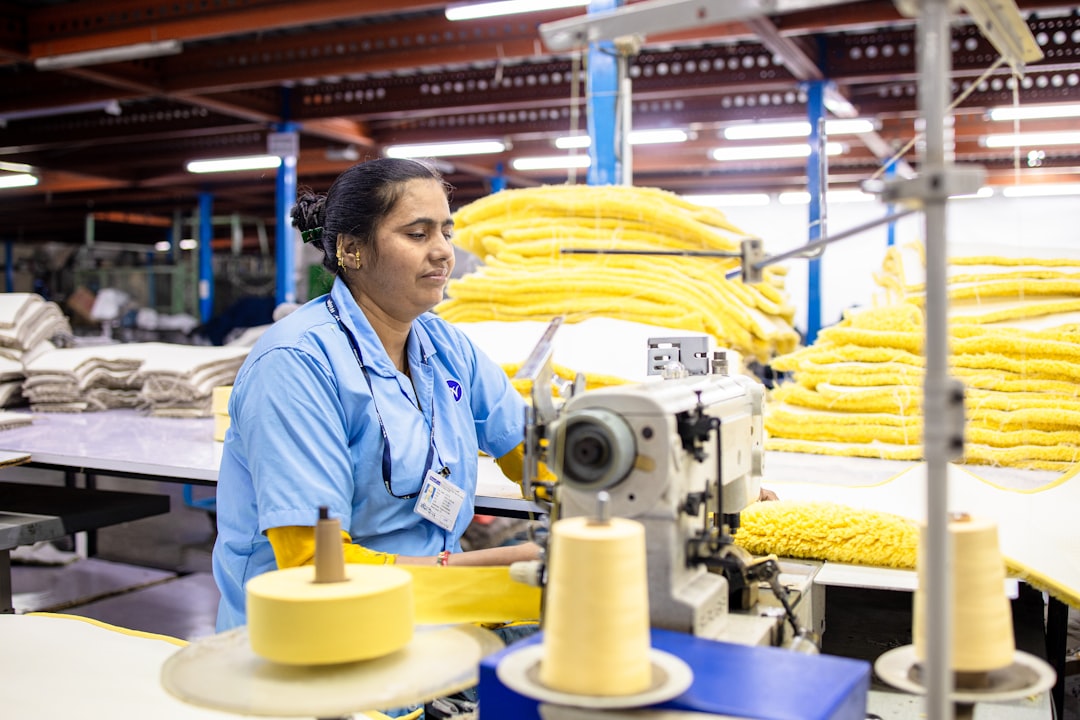No products in the cart.
Navigating India’s Soft Skills Gap: A Path Forward
India faces a significant soft skills crisis impacting employability. Discover strategies to bridge this gap in the workforce.
Mumbai, India — India’s employability landscape is marred by a profound soft skills crisis. Despite a booming economy and a burgeoning youth population, companies are struggling to find candidates who possess the essential interpersonal and communication skills needed to thrive in the modern workplace. A recent report suggests that nearly 80% of graduates in India are considered unemployable due to a lack of these critical soft skills, leading to a significant waste of talent and potential.
Soft skills encompass a range of competencies including teamwork, communication, problem-solving, and emotional intelligence. These are not just ancillary skills; they are vital for success in any professional environment. In fact, a study by the World Economic Forum indicated that 86% of executives believe that soft skills are crucial for workplace success, even surpassing technical skills in importance [1].
Furthermore, the demand for soft skills is evident across various sectors. According to a report by the National Association of Software and Service Companies (NASSCOM), the Indian IT industry alone anticipates a shortage of over 1 million skilled professionals by 2025, primarily due to a lack of soft skills [2].

Despite recognition of the problem, the solutions have been slow to materialize. Educational institutions are often criticized for their rigid curricula that prioritize technical skills over interpersonal development. In many cases, students graduate with strong academic knowledge but lack the ability to communicate effectively or work in teams. This gap in education is compounded by a rapidly evolving job market that increasingly values adaptability and collaboration.
Educational institutions are often criticized for their rigid curricula that prioritize technical skills over interpersonal development.
Employers are taking notice. Companies such as Infosys and Wipro are now implementing specialized training programs aimed at enhancing soft skills among new hires. These programs emphasize real-world scenarios and encourage collaborative learning to improve communication and teamwork abilities. As Tarun Bhatia, head of talent acquisition at Wipro, stated, “Technical skills are essential, but it’s the soft skills that determine if a candidate can thrive in our culture” [3].
Moreover, the rise of remote work has further highlighted the importance of soft skills. Employees must now navigate virtual communication and collaboration tools effectively. A survey conducted by Gartner revealed that 74% of companies plan to shift some employees to remote work permanently, making soft skills more critical than ever [4].
Addressing this soft skills gap requires a multi-faceted approach. Educational institutions must revise their curricula to incorporate soft skills training. This can include workshops, group projects, and mentorship programs that foster interpersonal development. Moreover, collaboration between educational institutions and industries can create a more aligned skill set that meets the demands of the job market.
Additionally, the role of technology in soft skills training cannot be overlooked. Virtual simulations and AI-driven learning platforms are emerging as effective tools for teaching soft skills. For example, platforms like LinkedIn Learning and Coursera offer courses focused on effective communication, teamwork, and leadership, making these resources accessible to a broader audience.
Employers also play a crucial role in this transformation. By prioritizing soft skills in their hiring processes and investing in employee development, companies can create a workforce that is not only technically proficient but also capable of thriving in collaborative environments. A proactive approach can lead to enhanced productivity and innovation, ultimately benefiting both the organization and its employees.
For example, platforms like LinkedIn Learning and Coursera offer courses focused on effective communication, teamwork, and leadership, making these resources accessible to a broader audience.
As India continues to evolve in the global economy, addressing the soft skills crisis is imperative. The future workforce must be equipped with both technical knowledge and the ability to communicate, collaborate, and adapt. By embracing comprehensive training strategies and fostering a culture of continuous learning, India can bridge this critical skills gap, paving the way for a more employable and adaptable workforce.
Looking ahead, the emphasis on soft skills will only intensify as industries adapt to new challenges. Professionals must take the initiative to develop these competencies actively. Whether through formal education, online courses, or workplace training, investing in soft skills is not just an option; it’s essential for career success in an increasingly competitive environment.











